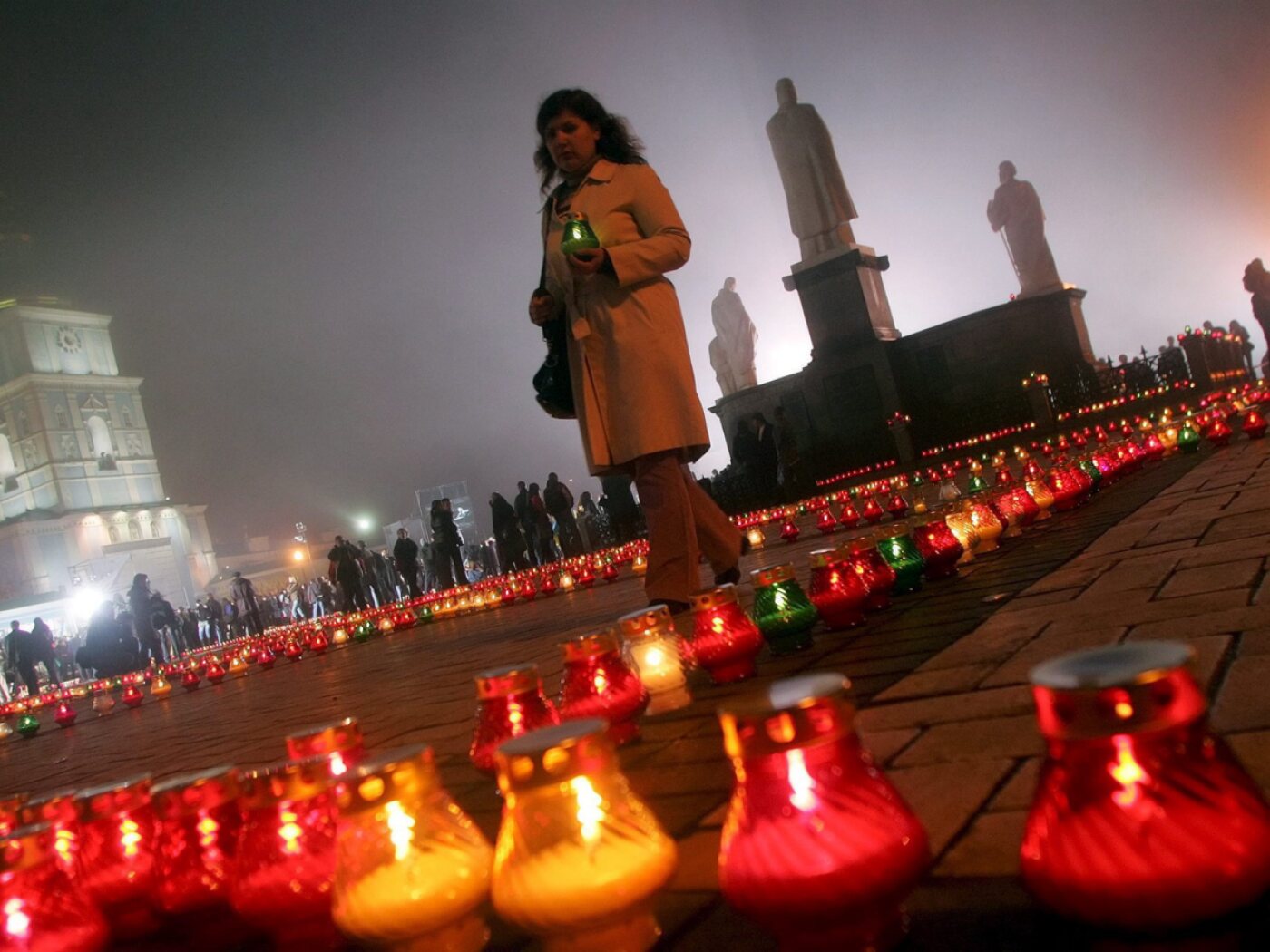
Swiss House of Representatives recognises Holodomor famine as genocide

The House of Representatives recognises the great Ukrainian famine of 1932-1933 as genocide against the Ukrainian civilian population. The parliamentarians adopted a resolution to this effect on Tuesday by 123 votes to 58, with seven abstentions.
The “Holodomor” (extermination by starvation) – the famine orchestrated by Stalin’s regime – claimed the lives of around four million Ukrainians, two million Kazakhs and several hundred thousand Russians.
+ Get the most important news from Switzerland in your inbox
The aim was to break the resistance of farmers who opposed collectivisation. These facts are now undisputed by independent researchers, said Christine Badertscher of the Green Party for the committee. “With this recognition, we are ensuring that the victims are not forgotten,” she added, speaking of a symbolic signal.
The Swiss People’s Party opposed this recognition of genocide. According to party politician Monika Rüegger, the assessment of genocide is a matter for international tribunals, not individual states. Switzerland does not have to decide whether genocide has occurred. It can either side with one side or maintain its neutrality and sovereignty, she added.
Recognition of the Holodomor as genocide was put on the political agenda after the Russian war against Ukraine in 2022. In 2006, Ukraine officially declared the Holodomor a genocide. At the end of 2022, the German parliament recognised the event as genocide. The French National Assembly and the Italian Senate did the same in 2023.
Famine as a weapon
The Holodomor began following two poor harvests in 1931 and 1932. Despite the hunger that tormented the rural population, the Soviet regime’s cadres increased the harvest levies and requisitioned tonnes of grain from Ukraine, most of which was sold on the world market to earn foreign currency.
According to many historians, Joseph Stalin decided in the autumn of 1932 to use famine as a weapon specifically against Ukraine. The Holodomor is a deeply painful chapter in Ukrainian history.
Translated from French by DeepL/ac
This news story has been written and carefully fact-checked by an external editorial team. At SWI swissinfo.ch we select the most relevant news for an international audience and use automatic translation tools such as DeepL to translate it into English. Providing you with automatically translated news gives us the time to write more in-depth articles.
If you want to know more about how we work, have a look here, if you want to learn more about how we use technology, click here, and if you have feedback on this news story please write to english@swissinfo.ch.

In compliance with the JTI standards
More: SWI swissinfo.ch certified by the Journalism Trust Initiative






























You can find an overview of ongoing debates with our journalists here . Please join us!
If you want to start a conversation about a topic raised in this article or want to report factual errors, email us at english@swissinfo.ch.